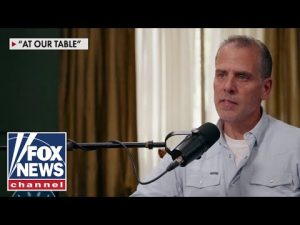The recent focus on an English exam in Japan highlights more than just linguistic challenges; it underscores a broader cultural gap in education and personal development. This exam, filled with complex vocabulary and intricate sentence structures, raises questions about educational priorities. While it’s essential to challenge students and expand their knowledge, it’s also crucial to ensure that learning remains practical and grounded in real-world applications.
The individual grappling with the exam’s questions expressed frustration at not knowing specific words and feeling out of place despite some level of education. This situation mirrors a wider issue: the disconnection between academic exercises and everyday life skills. Education should bridge gaps, not widen them. In America, a similar problem exists where educational systems often emphasize rote memorization over critical thinking and problem-solving skills.
There’s a significant lesson to be learned from this. Education systems around the world, including in the United States, can benefit from focusing on practical knowledge that prepares students for real-world scenarios. The goal should be to equip individuals with skills that are directly applicable in their daily lives and future careers. This approach promotes self-reliance and adaptability, vital qualities in an ever-changing global landscape.
Moreover, this situation exemplifies the need for personal responsibility. When faced with challenges, whether academic or elsewhere, the onus is on the individual to seek out resources and solutions. It’s about fostering a mindset that embraces lifelong learning and personal growth. Just as one must know how to read to navigate the world, they must also know how to seek knowledge actively and apply it effectively.
In conclusion, while complex exams can serve a purpose, they should not overshadow the core aim of education: to prepare individuals to contribute meaningfully to society. By prioritizing practical skills and personal development, education systems can better serve students and communities, ensuring that everyone can understand and engage with the challenges they face, both academically and in life.







